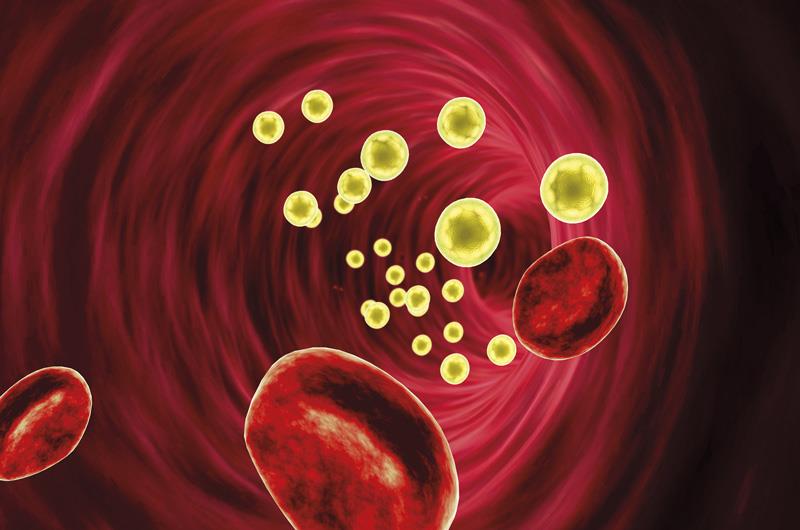
Evolocumab added to maximally tolerated statin therapy does not improve the cognitive performance of patients, even those who have achieved low-density lipoprotein cholesterol (LDL-C) levels <20 mg/dl, a recent study has shown.
The investigators used a self-survey to describe patient-reported cognition in the FOURIER* study, a randomized, double-blind, placebo-controlled trial involving patients with atherosclerotic cardiovascular disease and LDL-C levels ≥70 mg/dl or nonhigh-density cholesterol ≥100 mg/dl despite static therapy.
Patients completed a 23-item survey on memory and executive domains from the Everyday Cognition (ECog) scale at the final visit. Levels of everyday function at the end of the trial were compared with levels at the beginning, which were scored as 1 (no change or improvement), 2 (occasionally worse), 3 (consistently little worse) or 4 (consistently much worse). The investigators then compared ECog scores between the two treatment arms and by LDL-C achieved at 4 weeks.
ECog was completed by a total of 22,655 patients after a median treatment duration of 2.2 years. Reports of cognitive decline (ECog score ≥2) at the end of the study were similar between patients on placebo and those on evolocumab for both total score (3.6 percent vs 3.7 percent; p=0.62) and for subdomains (memory: 5.8 percent vs 6.0 percent; total executive: 3.6 percent vs 3.7 percent).
Reports of a decline in total cognitive score were also similar among the 2,338 patients who achieved very low LDL-C levels (<20 mg/dl) and the 3,613 patients with LDL-C ≥100 mg/dl (3.8 percent vs 4.5 percent; p=0.57).
*Further Cardiovascular Outcomes Research With PCSK9 inhibitors in Subjects With Elevated Risk